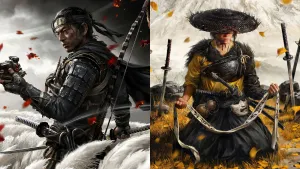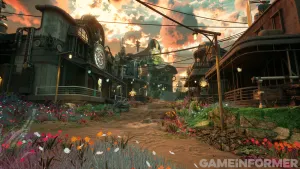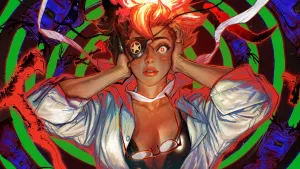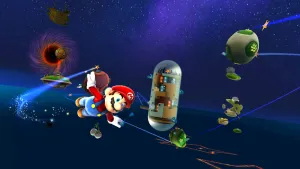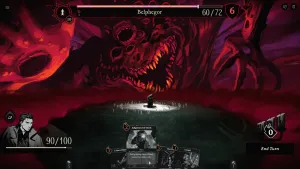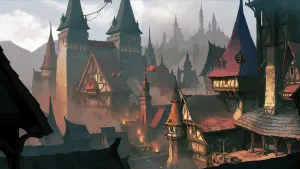Bobby Kotick Traces His Roots, Announces Indie Game Competition
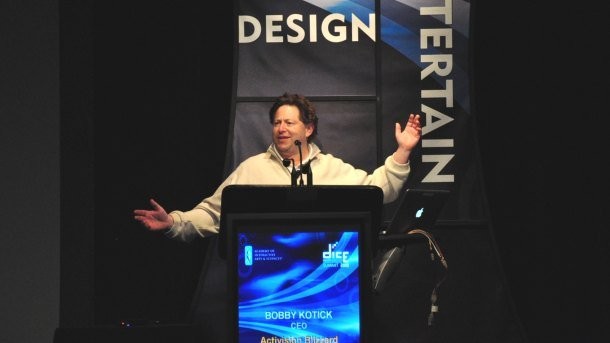
Activision Blizzard’s always outspoken CEO, Bobby Kotick, took the stage at DICE and used his time to talk about the early days of his involvement with the company. Anyone looking for him to make provocative statements left disappointed. Instead, the assembled audience heard a humble Kotick speak candidly about why he does what he does.
Kotick started out by joking that he didn’t know how he went from flying the X-Wing Fighter to being on the Death Star, referencing the shifting opinion that the company has experienced over the past few years.
As Kotick tells it, one of his first moves at Mediagenic was to restore the company’s original name, Activision. When asked by the former head of the company why he wanted to buy Mediagenic, Kotick was stunned by the question. “To be honest with you, I don’t want to own Mediagenic.” He wanted Activision and its pedigree, which had been lost through a series of missteps. In contrast to Atari’s disdainful attitude toward developers in the days of the 2600, the newly formed Activision made a point to reward the people who created games, financially and by crediting developers for their hard work and creativity.
As Activision failed and was rechristened Mediagenic, it had lost much of the magic. Kotick says he wanted to restore the company to its former glory and reestablish the independent thinking and creative spirit that it once had. The discussion between Kotick and the Mediagenic head then migrated over to the then-unreleased Super Nintendo, and Kotick showed off his technical chops. Asked what he knew about the business side of gaming, Kotick talked about his attempts to acquire Commodore with a partner after being wowed by the Amiga 500—an effort that ultimately failed after Kotick said the head of Commodore made it clear that gaming wasn’t something that the company was interested in.
Kotick says he started playing games from an early age, and that it’s something that’s always been interesting to him. While he says that he’s not able to spend as much time with them as a player—citing his addictive personality—he made it clear that gaming is every bit as much a passion to him today as it was when he was younger.

Before SimCity 2000 shipped, Kotick visited Maxis and heard about a project called Jefferson. Nobody could explain what it was that Will Wright was working on, and Kotick’s team passed on purchasing the then-troubled company. Jefferson, of course, turned out to be the mega successful series the Sims. A similar experience happened with Guitar Hero and Red Octane, which Activision didn’t purchase from the outset. Kotick also mentioned that if Activision had stuck with Harmonix for the Guitar Hero franchise that it probably would have been a "profitable opportunity."
As we reported a while back, his favorite miss, however, came when he heard that Blizzard was purchased for the then-outrageous amount of $7 million. He had a chance years later to buy the company for $700 million buoyed by the company’s recently released World of Warcraft. Activision eventually bought the company for $7 billion. While that’s a significant price difference, Kotick says that waiting for the merger was costly, but that it ended up being a better decision in the long run. If he’d moved earlier, Kotick says that the culture at Blizzard would have likely been consumed as the company was assimilated by Activision. Today’s Activision is much better at preserving the culture at the companies it acquires, nurturing them and allowing them to keep doing what made them appealing in the first place. He joked that companies looking to sell out and make a lot of money, there are plenty of other publishers to work with—a gentle poke at EA.
He wrapped up his presentation by elaborating on his comments that he wanted to “take the fun out of video games,” saying that it was something he said to investors as a way to make it clear that he was trying to be responsible with finances. It’s certainly not as sexy with that added context, but judging from the rest of his presentation it at least sounded like a sincere explanation. As he says, process and discipline are critical to attractive potentially skittish investors, and those processes aren’t necessarily barrels of fun.
Bemoaning the lack of capital to help spur independent development, Kotick announced that the company was going to be holding an independent gaming competition, with a $500,000 prize. We’ll let you know more details about this competition as we learn more.

Get the Game Informer Print Edition!
Explore your favorite games in premium print format, delivered to your door.
- 10 issues per year
- Only $4.80 per issue
- Full digital magazine archive access
- Since 1991

